How Long Does Delta-9 Gummies Last In Your System
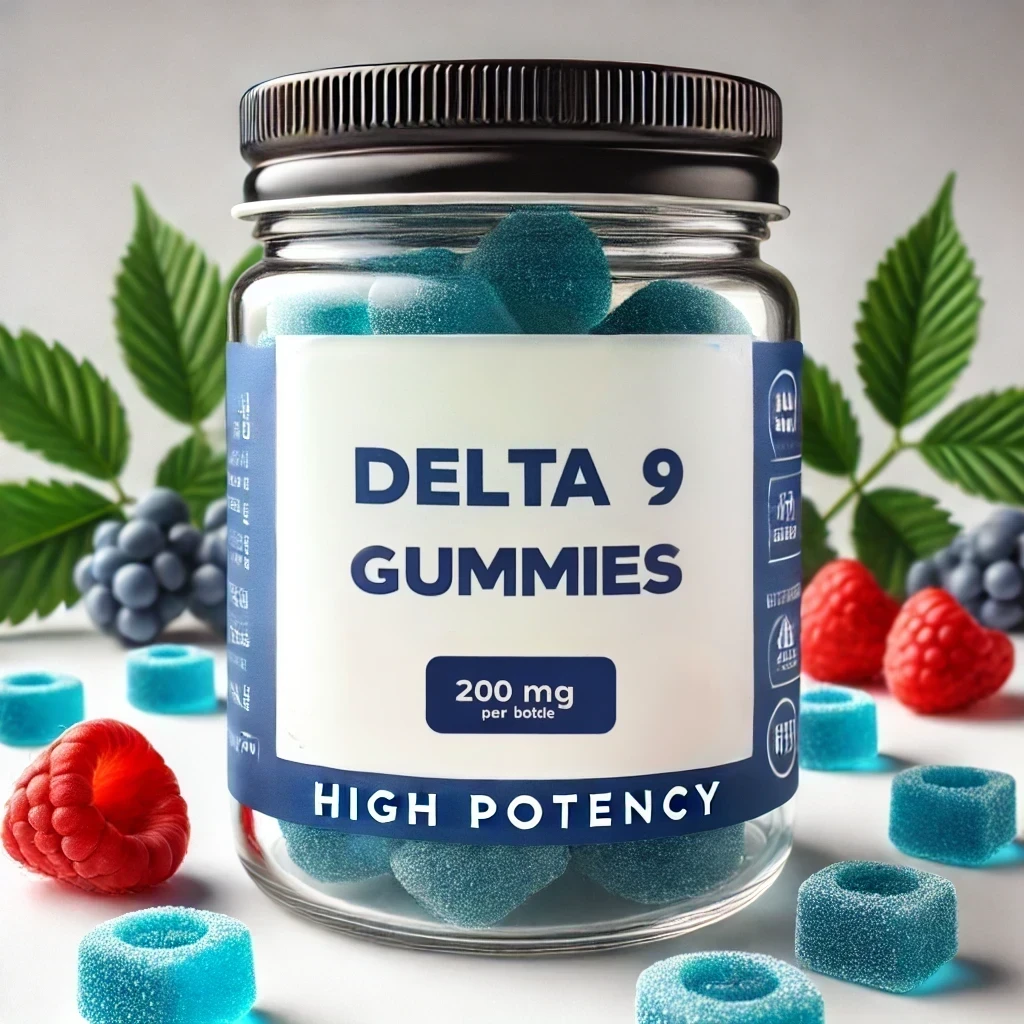
The rising popularity of Delta-9 gummies, a convenient and discreet way to consume THC, has sparked considerable interest. But with this increased usage comes a crucial question: how long do these edibles linger in your system? Understanding the detection window of Delta-9 is paramount for anyone facing drug tests, navigating legal landscapes, or simply wanting to be informed about the effects of these products.
The answer to this question isn’t straightforward. The duration Delta-9 remains detectable is influenced by a complex interplay of factors, including dosage, frequency of use, individual metabolism, and testing method. This article will delve into the science behind Delta-9 metabolism, explore the different detection methods, and offer a comprehensive overview of the factors that determine how long THC stays in your body after consuming Delta-9 gummies.
Understanding Delta-9 Metabolism
When you ingest a Delta-9 gummy, the THC is absorbed through your digestive system. Unlike inhalation, where THC rapidly enters the bloodstream, edibles undergo first-pass metabolism in the liver.
This process converts Delta-9 THC into 11-hydroxy-THC, a metabolite that is even more potent and psychoactive. Subsequently, both Delta-9 THC and 11-hydroxy-THC are further metabolized into THC-COOH, an inactive metabolite that is stored in body fat and gradually released over time.
The Role of THC-COOH
THC-COOH is the primary target for drug tests. Its lipophilic nature means it accumulates in fatty tissues, allowing it to be detected long after the psychoactive effects of Delta-9 have worn off.
The slow release of THC-COOH from fat stores is a key reason why chronic users of Delta-9 products can test positive for weeks, or even months, after their last use.
Detection Methods and Their Windows
Different drug testing methods have varying detection windows for THC metabolites. The most common tests include urine, blood, saliva, and hair follicle tests.
Urine Tests
Urine tests are the most widely used method for detecting THC. For infrequent users, THC may be detectable in urine for up to 3 days after the last dose.
Moderate users may test positive for 5-7 days, while frequent users can have detectable levels for 10-15 days or even longer, in some cases exceeding 30 days.
Blood Tests
Blood tests offer a shorter detection window than urine tests. THC is typically detectable in blood for 1-2 days for infrequent users.
In chronic, heavy users, it may be detectable for up to a week. Blood tests are often used to determine recent usage and impairment.
Saliva Tests
Saliva tests have a relatively short detection window, typically ranging from 24-72 hours. These tests primarily detect the presence of the parent compound, Delta-9 THC.
Saliva tests are commonly used for roadside drug screening and workplace testing.
Hair Follicle Tests
Hair follicle tests offer the longest detection window, potentially detecting THC use for up to 90 days. This method analyzes the hair shaft, which incorporates substances from the bloodstream over time.
However, hair follicle tests are less common due to their higher cost and the fact that they can sometimes produce false positives due to external contamination.
Factors Influencing Detection Time
Several individual factors can significantly influence how long Delta-9 remains detectable. These factors include:
- Dosage: Higher doses of Delta-9 will result in a longer detection window.
- Frequency of Use: Frequent users accumulate more THC-COOH in their fat stores, leading to prolonged detection.
- Metabolism: Individuals with faster metabolisms will process and eliminate THC more quickly.
- Body Fat Percentage: THC is stored in fat, so individuals with higher body fat percentages may retain it longer.
- Age: Metabolism tends to slow down with age, potentially extending the detection window.
- Hydration Levels: While drinking excessive amounts of water won't drastically alter the detection window, staying hydrated can support overall metabolic function.
Misconceptions and Mitigation Strategies
There are many misconceptions surrounding how to "beat" a drug test. Methods like drinking excessive water or taking detox products are generally ineffective and can even be dangerous.
The only reliable way to pass a drug test is to abstain from Delta-9 consumption for a sufficient period based on individual factors and the type of test being administered.
Some individuals advocate for using synthetic urine or masking agents. However, these methods carry significant risks, as they can be detected by sophisticated testing procedures and result in serious consequences.
Legal and Ethical Considerations
The legal landscape surrounding Delta-9 is complex and varies widely depending on the jurisdiction. While some states have legalized recreational or medical cannabis, others maintain strict prohibitions.
It's crucial to be aware of the laws in your area regarding Delta-9 and drug testing. Failing a drug test can have significant consequences, including job loss, legal penalties, and restrictions on certain activities.
Ethically, individuals have a right to privacy regarding their personal consumption choices. However, employers and organizations often have legitimate reasons for conducting drug tests, particularly in safety-sensitive positions.
The Future of Delta-9 Testing
As Delta-9 products become more prevalent, we can expect advancements in drug testing technology. Researchers are exploring more sensitive and specific methods for detecting THC and its metabolites.
Furthermore, there is growing interest in developing impairment tests that can accurately assess real-time cognitive and motor skills, rather than simply detecting the presence of THC in the body.
This shift towards impairment-based testing could potentially reduce the reliance on broad-spectrum drug tests that can penalize individuals for past consumption, even when they are not currently impaired.
Conclusion
The duration Delta-9 gummies remain detectable in your system is a complex issue with no single answer. Factors such as dosage, frequency of use, metabolism, and testing method all play a significant role.
By understanding the science behind THC metabolism and the limitations of different drug testing methods, individuals can make informed decisions about their consumption habits and navigate the legal and ethical considerations surrounding Delta-9 use. As technology advances and legal landscapes evolve, staying informed about the latest developments in drug testing and cannabis policy is crucial for ensuring fairness and accuracy in detection practices.








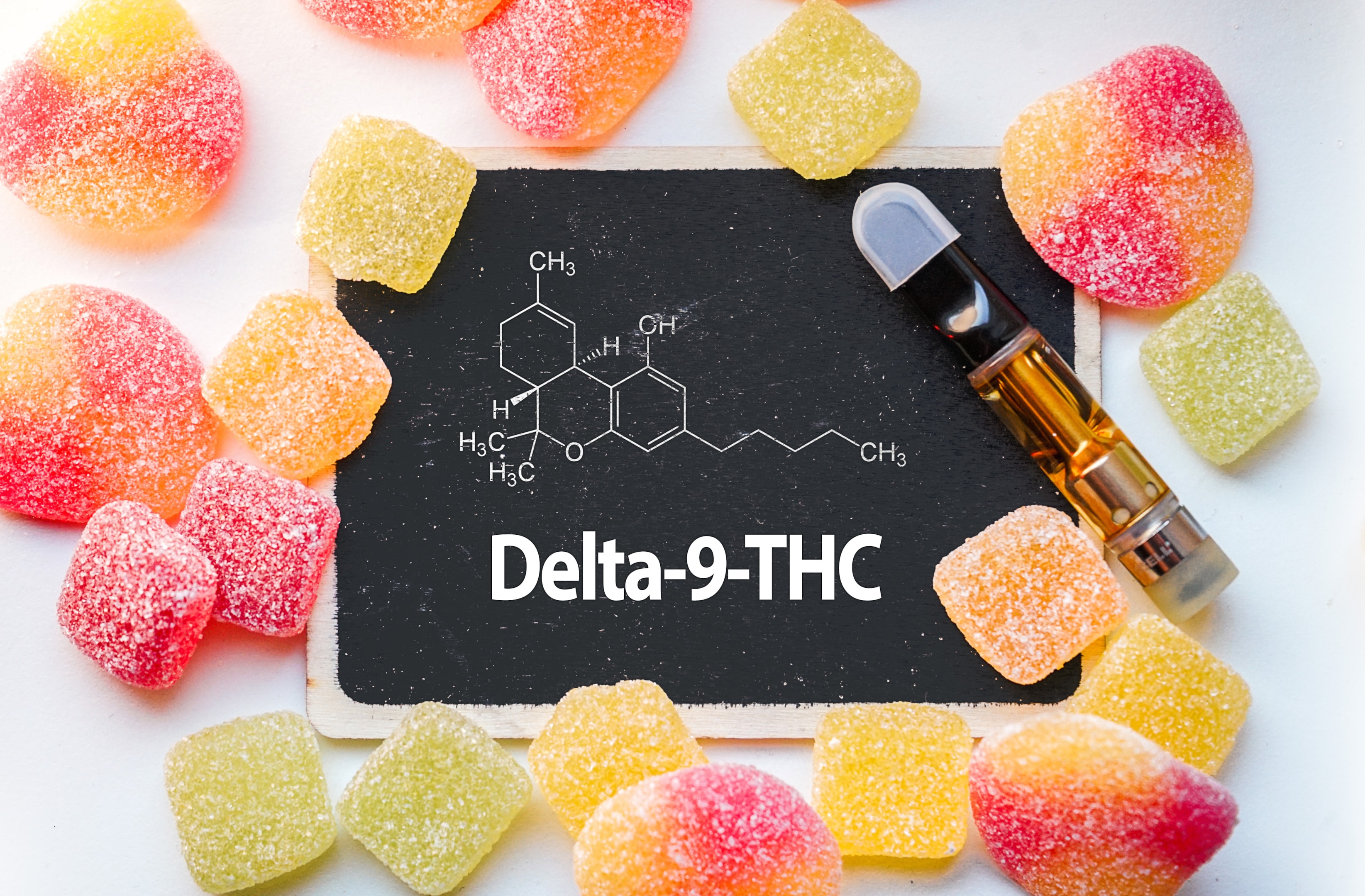


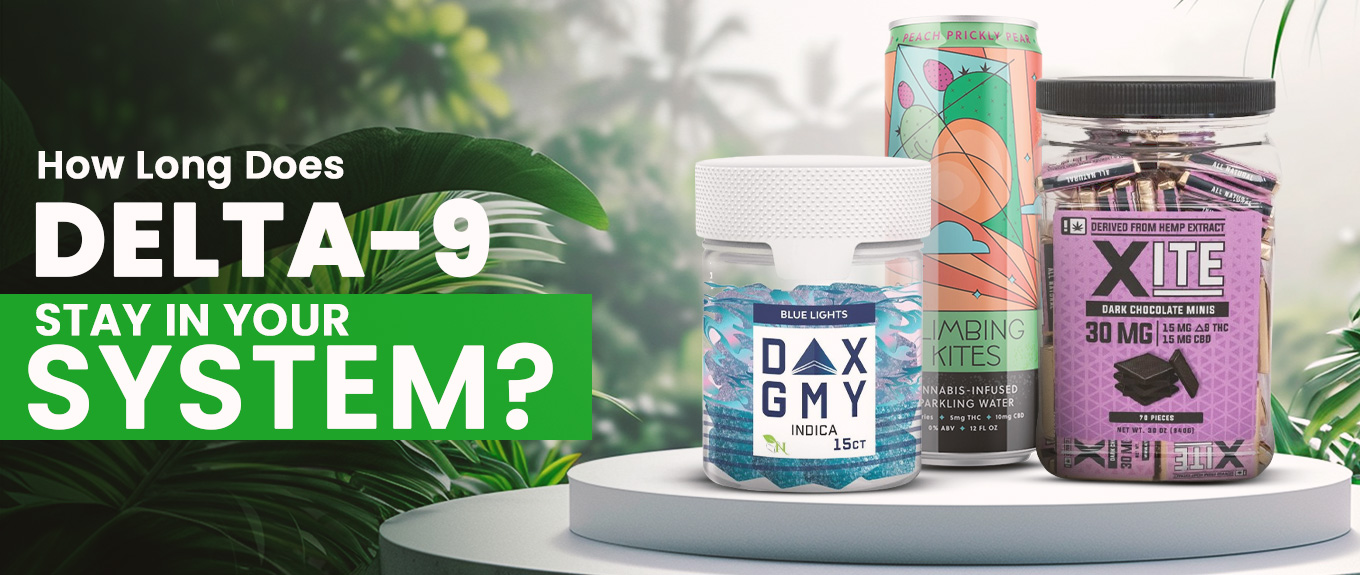
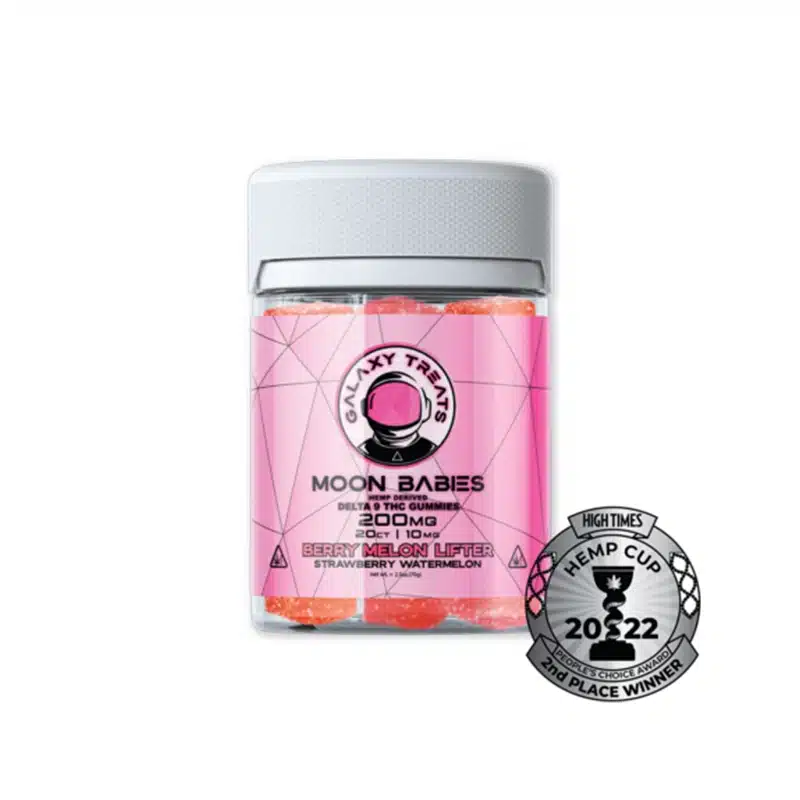
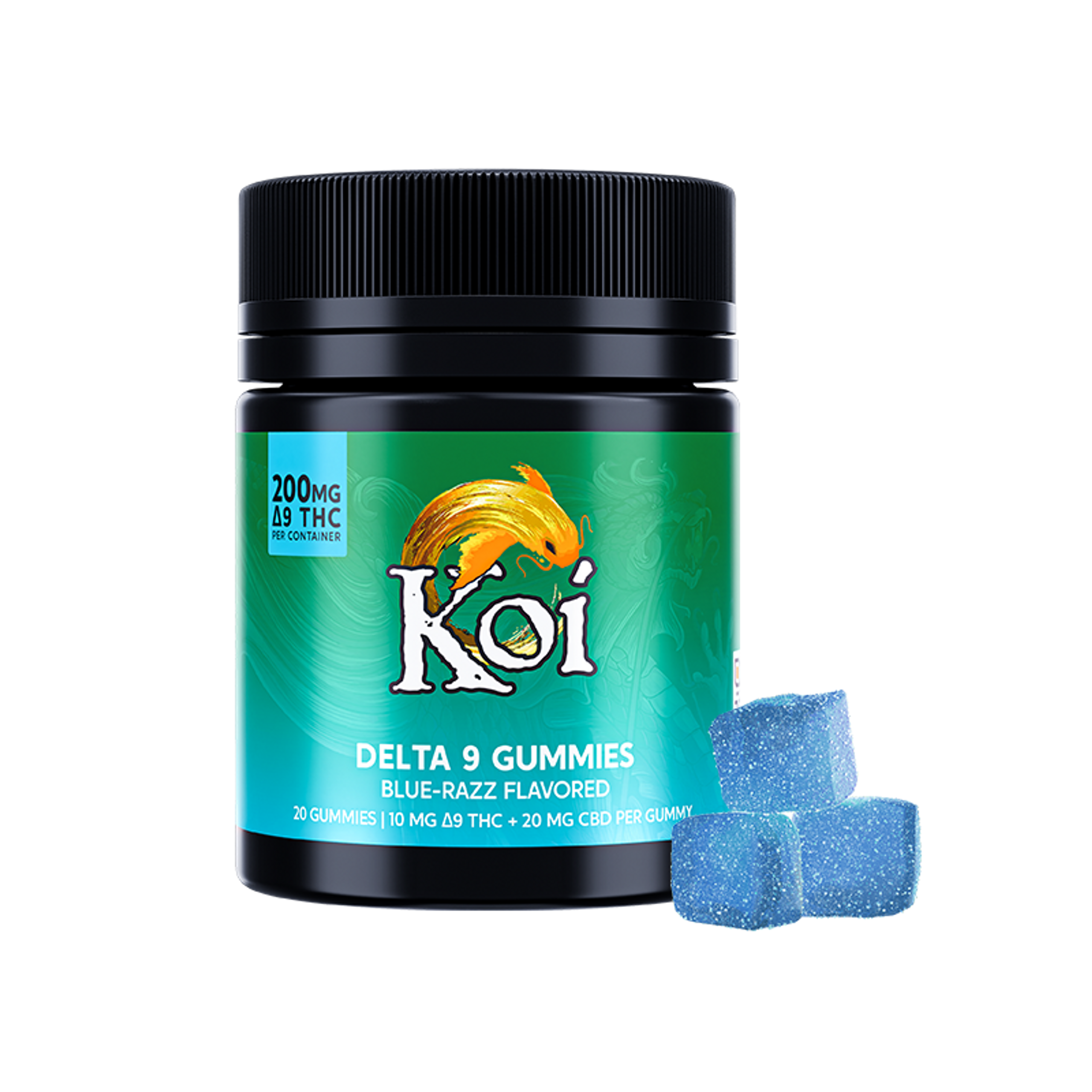

![How Long Does Delta-9 Gummies Last In Your System How Long Do Delta 9 Gummies Last? [We Reveal The Timeframes]](https://www.exhalewell.com/wp-content/uploads/2024/07/how-long-do-delta-9-gummies-last.jpg)


